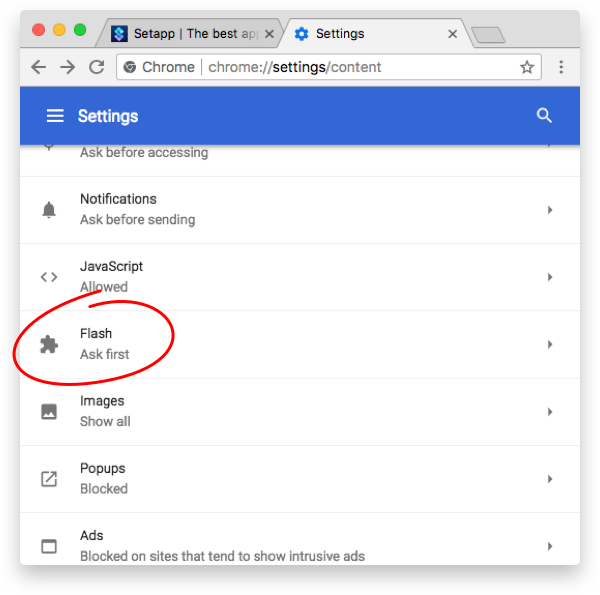

If the organization does it, it would bring new features more quickly from Nightly to Firefox Stable. This is not a done deal, and it may never happen. Mozilla might drop the Aurora release channel in 2017. This would separate these activities from general browsing activities. You could configure a tab for exclusive use for online banking, and another for shopping for instance. With that said, it is probably more of a niche feature though unless Mozilla gets the integration - and automation - right.Īutomation could help a lot. The main difference to Firefox profiles is that container tabs work under the same profile. This is beneficial to privacy, but also to have different identities open on the same site - think Gmail and two different mail accounts. They are tested in Nightly currently, but it is not clear yet if they are uplifted to Firefox Stable.Ĭontainers have their own browser storage that is separated from others. This would allow for faster updates and would entice non-Mozilla contributors to improve the developer tools further.Ĭontainer Tabs may become a thing in Firefox. It may host the DevTools on GitHub as individual add-ons. Mozilla plans to rewrite the browser's DevTools using HTML, CSS and JavaScript. Now that we have covered the two major areas, lets take a look at some other areas. It will be more powerful than what light themes offer currently, but it too won't be as powerful as Firefox's current theming options. Mozilla is also working on a new theming API. This in turn will mean that some add-ons won't be ported over to WebExtensions, at least not in their current form. Ultimately, it is fair to say that WebExtensions will never be as powerful as Firefox's current add-on system. Mozilla plans to add more APIs as time passes by, but the deadline is looming over the heads of add-on authors. This means that some add-ons cannot be ported to WebExtensions right now.

The main issue right now is that WebExtensions APIs are nowhere near the level of what the browser's current add-on system provides. This is big, bigger even than the switch to multi-process Firefox which also had its impact on add-ons.

All classic add-ons, won't work in Firefox anymore once the change is made. This has severe consequences for Firefox users who use one or more add-ons currently. The final date is not set in stone yet though, and there is a chance that things will be delayed to 2018. Mozilla announced recently that it plans to make Firefox rely on WebExtensions exclusively at the end of 2017. The main idea for 2017 is to replace some browser parts with Quantum components. These components make extensive use of modern hardware features and parallelism. Firefox will become a lot faster with Quantum components. The final bit in regards to browser stability and performance is Mozilla's Quantum project. Firefox users who want to enable it can do so by setting to true on about:config. A basic example is a feature called First Party Isolation which will be integrated in Firefox 52 and provides strong anti-tracking protection.


 0 kommentar(er)
0 kommentar(er)
